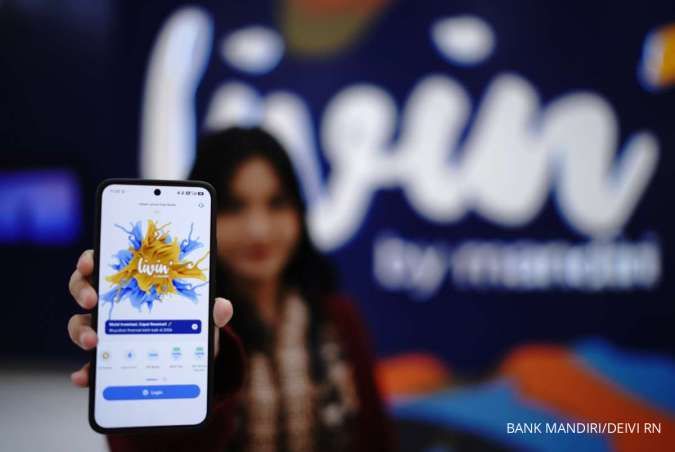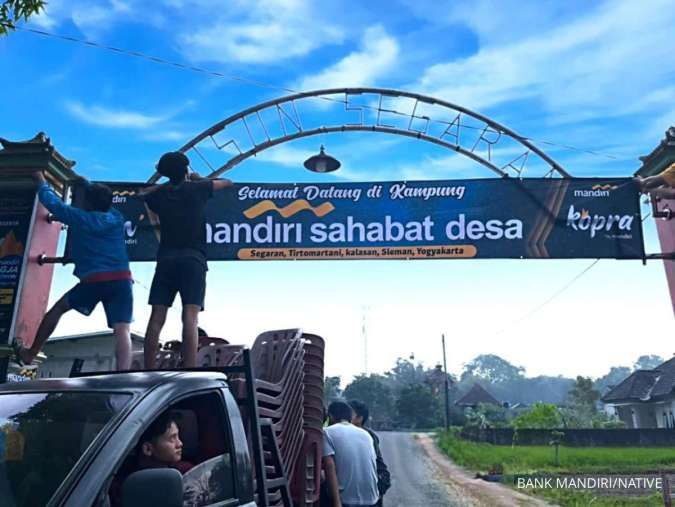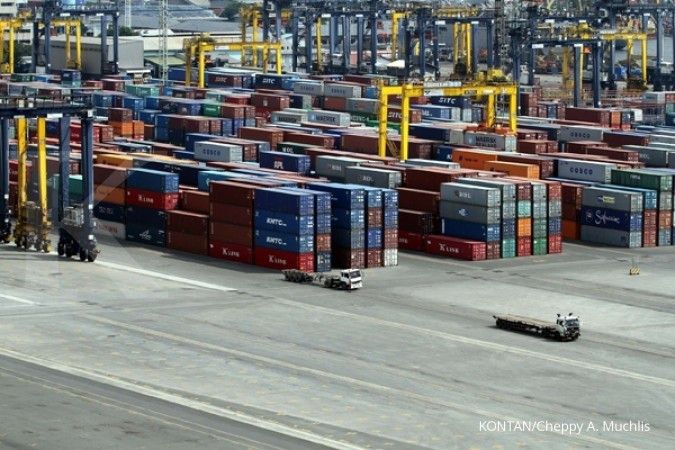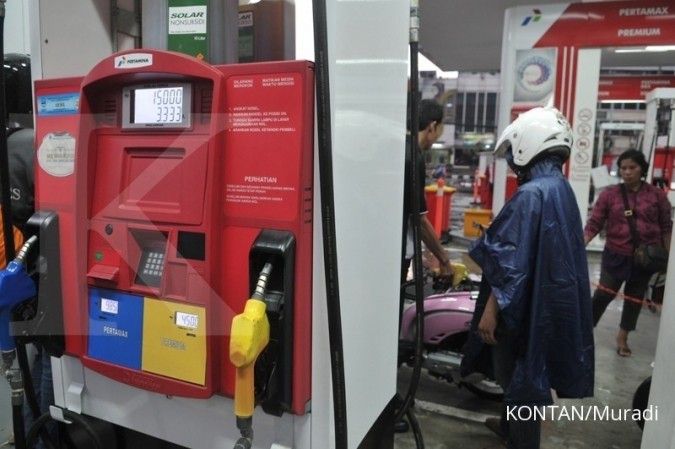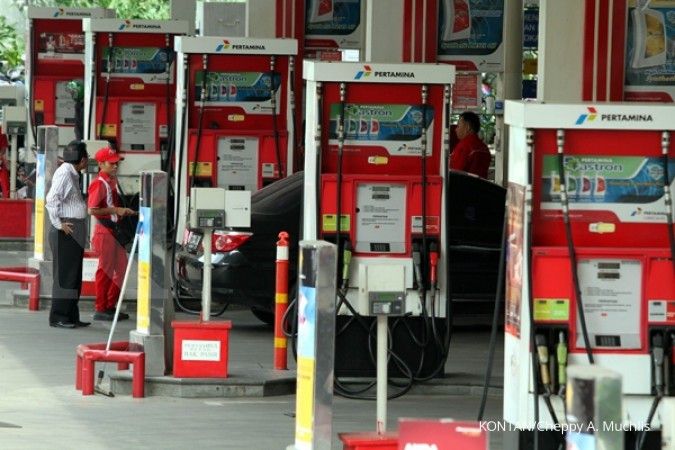JAKARTA. President-elect Joko “Jokowi” Widodo said on Thursday he would risk damaging his popularity by raising the price of subsidized fuel to reduce the exorbitant fuel subsidy that had long prevented the government from allocating more funds to development. Jokowi’s decision was made after he failed to convince President Susilo Bambang Yudhoyono during a closed-door meeting on Wednesday in Bali to adjust the prices before Yudhoyono leaves office on Oct. 20. “[Yudhoyono] said it was not the time right time to raise the prices. I am ready to become unpopular [by raising the prices],” said Jokowi.
“We should reallocate budget [funds] to productive sectors to finance small and medium enterprises, to subsidize farmers and fishermen, and so on, instead of [subsidizing people] buying fuel, cars.” While Jokowi declined to provide the details of the price adjustment, Andi Widjajanto, a deputy of the Jokowi-Jusuf Kalla transition team, said the increase would be within the range of Rp 500 and Rp 3,000 (less than 30 US cents) per liter. “If the increase is set at Rp 1,000 per liter, we could save up to Rp 52 trillion, while at Rp 3,000, we could save more than Rp 100 trillion,” he said. A member of Jokowi’s inner-circle said the price adjustment might take place in November, and that it would be set at an average of Rp 3,000 per liter. The subsidized gasoline is currently sold at Rp 6,500 per liter while diesel is at Rp 5,500. “A Rp 3,000 increase will give you an additional Rp 140 to 150 trillion.” “Let’s say that Rp 30 trillion of the saved funds will be used for compensation programs, such as direct cash aid, we will still have Rp 120 trillion for development programs,” the source said, adding that the price increase would cause additional inflation of between 1 and 2 percent. Spending on fuel subsidies will rise by a whopping Rp 44.6 trillion (US$3.82 billion) to Rp 291.1 trillion in the proposed 2015 draft state budget that is scheduled to be passed by Yudhoyono’s administration and the current House of Representatives before Sept. 30. The fuel subsidy will account for more than 21 percent of the central government’s expenditure in 2015, more than six times that of expenditure allocated to public health. Coordinating Political, Legal and Security Affairs Minister Djoko Suyanto said Yudhoyono’s opposition to Jokowi’s proposal was based on the fact that people were already burdened with recent increases in electricity and gas prices. “If fuel prices are also raised this year, inflation will rise. Poverty and unemployment rates will go up and economic growth will slow,” he said. Jokowi’s intention to raise the fuel price could also be due to the fact that this year’s allocated subsidized fuel quota will only last until early December, as cheap prices have encouraged more consumption. In the last few days, many regions have been facing shortages in subsidized fuel as state-owned oil firm Pertamina rationed the supply to avoid breaching the quota. Around 71 percent of subsidized fuel is enjoyed by the owners of private vehicles. Finance Minister Chatib Basri warned on Thursday that increasing the quota would go against the State Budget Law.
The law stipulates that the government can only increase the quota in emergency circumstances when there is a significant deviation in the crude oil price (ICP) or the exchange rate. Chatib said he had already demanded that the 2014 State Budget Law be more flexible regarding the quota allocation. The proposal, however, was rebuffed by lawmakers in June. “My argument to them [lawmakers] was the fact that our new president would be in a perilous position because the allotted fuel quota would already be breached before Christmas, according to my estimates at the time.” “The feasible solution to reduce fuel consumption would be to adjust the price,” Chatib said. (Bagus BT Saragih and Satria Sambijantoro)
